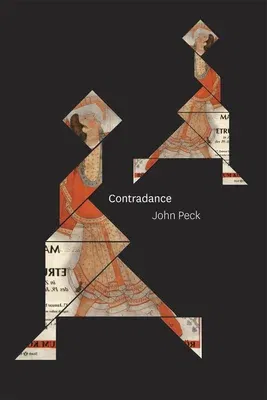John Peck
(Author)ContradancePaperback, 15 October 2011

Qty
1
Turbo
Ships in 2 - 3 days
In Stock
Free Delivery
Cash on Delivery
15 Days
Free Returns
Secure Checkout

Part of Series
Phoenix Poets
Part of Series
Phoenix Poets (Paperback)
Print Length
88 pages
Language
English
Publisher
University of Chicago Press
Date Published
15 Oct 2011
ISBN-10
0226652920
ISBN-13
9780226652924
Description
Product Details
Author:
Book Format:
Paperback
Country of Origin:
US
Date Published:
15 October 2011
Dimensions:
22.99 x
15.44 x
0.69 cm
ISBN-10:
0226652920
ISBN-13:
9780226652924
Language:
English
Location:
Chicago, IL
Pages:
88
Publisher:
Weight:
185.97 gm